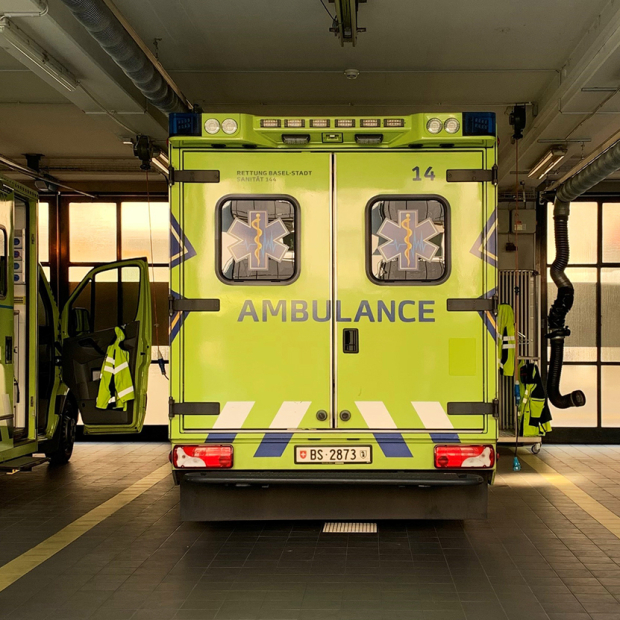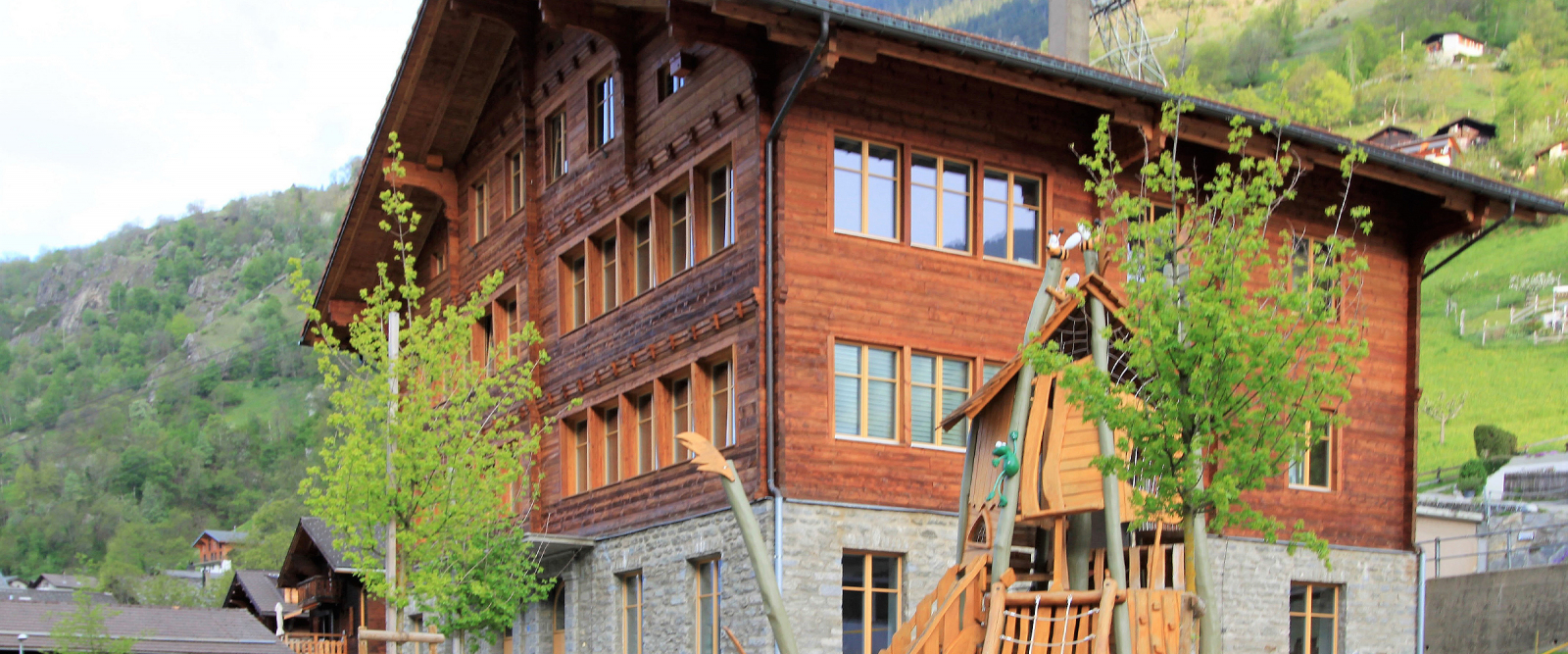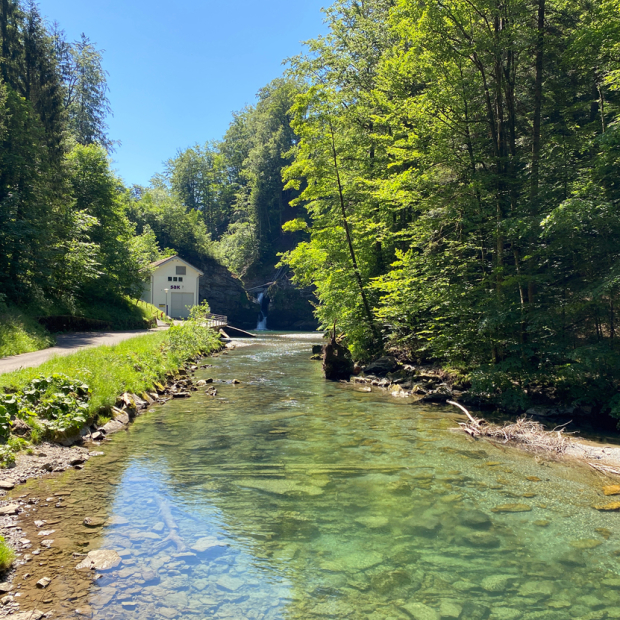

Securing the resiliency of mountain communities
Many mountain communities in Switzerland face unique environmental, societal, and technological challenges as they seek to secure their economic vitality going forward. EBP used its Resiliency Tool to assess the resiliency and adaptability of the municipality of Mörel-Filet.
The various environmental, societal and technological challenges confronting mountain communities in Switzerland today as they seek to secure their future prospects include natural hazards, climate change, and demographic changes. These challenges are compounded by limited financial resources, increased digitalization, and an exodus of young and well-educated residents hoping to find greater career opportunities in the country’s urban centers.
A mountain community aiming to secure its future viability
With fewer than 1,000 inhabitants, Mörel-Filet is a typical village in the mountains of Valais. It also happens to be a gateway to the Jungfrau-Aletsch UNESCO World Heritage Site, which encompasses the largest glacier region in the Alps. Every year, around 120,000 visitors are transported via aerial tramway from Mörel-Filet to the car-free area of Riederalp. The village itself is located around 20 minutes by car from the region’s prospering hub, which is expected to benefit from an additional 4,000 jobs in the next 5 years. As a nearby community offering more affordable housing and recreational opportunities, Mörel-Filet can also expect to benefit from this development.
Applying the Resiliency Tool to assess resiliency and adaptability
Working together with RW Oberwallis AG and on behalf of Mörel-Filet, we applied the EBP Resiliency Tool to assess the resiliency and adaptability of the municipality in terms of ten key factors, including institutional competence, financial resources, primary services, security, housing, tourism, farming & forestry, energy, and local commercial activity.
Together with 15 municipal representatives, we identified and developed initial plans for four strategic areas. The details of two projects centering on sustainable tourism and business development are also being worked out along with the corresponding financing options.
A tool that supports a participative approach and communication
The Resiliency Tool offers the following advantages: it accommodates a participative approach, effectively ensuring that all selected strategies properly reflect the local knowledge and experience of the municipal decision makers; it enables its users to focus on the essential topics relating to municipal development; and it facilitates the communication of goals and strategies to local residents.
The present project is a part of the overarching regional project “Resilient Mountain Regions” and is financed in part within the framework of the federal government’s Model Sustainable Development 2020-2023 initiative.










